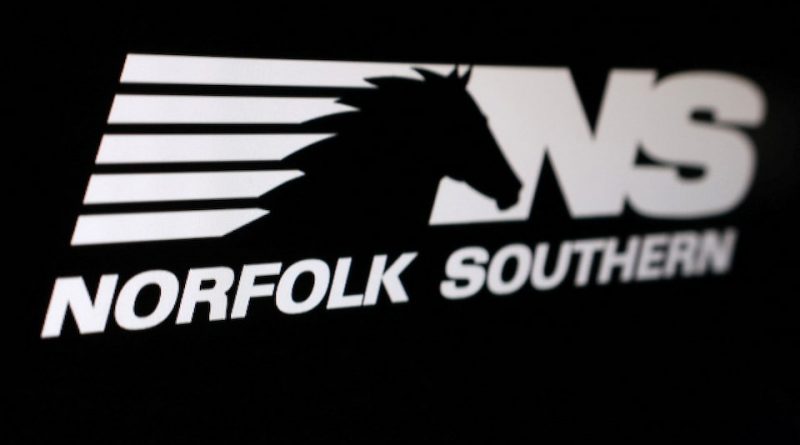Republican Attorneys General Question Impact of Union Pacific–Norfolk Southern Merger
State officials warn that the proposed $85 billion freight rail merger could weaken competition, raise costs, and pose broader economic risks.
A group of nine Republican state attorneys general has raised concerns about the proposed acquisition of Norfolk Southern by Union Pacific, an $85 billion deal that would create the first coast-to-coast freight rail operator in the United States.
The officials argue that the merger may reduce competition and negatively affect both manufacturers and consumers across multiple sectors.
In a letter addressed to the Surface Transportation Board, the attorneys general expressed apprehension that the merger could lead to excessive market concentration.
They cautioned that the combination has the potential to increase prices, diminish service reliability, and limit innovation in a vital national industry.
The concerns also extend to potential effects on domestic businesses and supply chains. The officials warned that elevated internal shipping costs could hurt the competitiveness of U.S. manufacturers compared with foreign rivals.
They added that the merger’s downstream effects could significantly impact agricultural producers who rely on freight rail to move goods efficiently.
According to the letter, disruptions or price increases could ultimately pose risks to segments of the nation’s industrial and agricultural foundations.
Beyond economic considerations, the attorneys general suggested that the merger could have implications for national security.
They argued that the weakening of domestic producers due to higher logistical costs could leave the U.S. more vulnerable in strategic sectors.
The states represented include Tennessee, Kansas, Ohio, Florida, North Dakota, South Dakota, Mississippi, Montana, and Iowa.
Their combined objections reflect a wide geographic concern across regions dependent on freight rail for both industrial and agricultural transportation.
Union Pacific responded that it intends to demonstrate how the merger would benefit the country and expand overall competitiveness.
The company said it looks forward to presenting its full application to the Surface Transportation Board to address the issues raised.
Union Pacific also noted that the proposed merger has already secured strong backing from key unions and industry stakeholders.
The company said this support illustrates a commitment to ensuring that freight rail continues to evolve and remain competitive amid wider shifts in the transportation sector.
Norfolk Southern did not provide immediate comment on the concerns raised. However, earlier in the day, both companies announced that more than 99% of shareholders had voted in favor of the merger.
The review process by the Surface Transportation Board is expected to take between 12 and 18 months.
This extended timeline reflects the scale and significance of what would be the largest U.S. rail merger in decades.
The freight rail industry has faced a range of operational pressures in recent years, including fluctuating freight volumes and higher labor and fuel expenses.
Shippers have also expressed frustration with service reliability, placing additional scrutiny on consolidation efforts.
Supporters of the merger argue that combining networks could reduce delays and streamline operations in key hubs, particularly in congested areas such as Chicago.
Improved coordination across networks could create more efficient routes and strengthen throughput across regions.
In September, President Donald Trump expressed support for the merger following a meeting with Union Pacific’s leadership.
He described the proposal positively, indicating openness to large-scale consolidation within the rail industry.
Union Pacific is currently the dominant freight rail operator across the Western United States.
Norfolk Southern plays a similar role in the Eastern region, making both companies central pillars of the national logistics network.
Together, they form two of the four major Class I railroads in the U.S., along with BNSF Railway and CSX.
The outcome of the review process will determine whether the nation’s rail landscape shifts toward a new coast-to-coast operating model.



